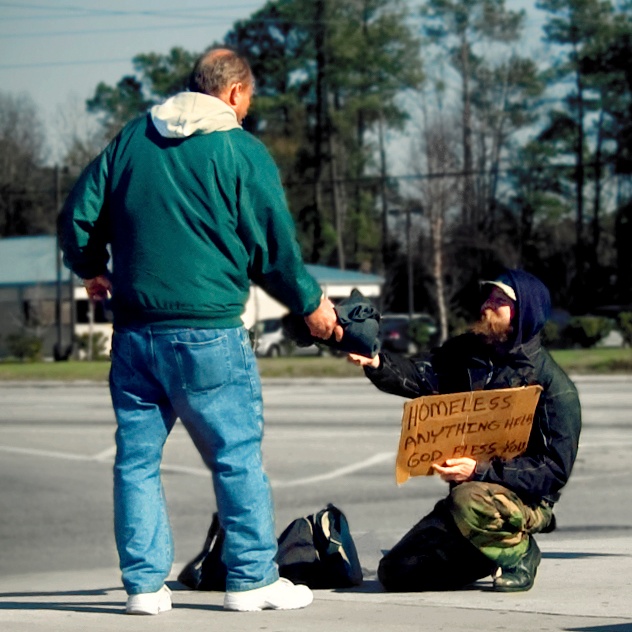The number of parents in recovery from mental illness, trauma, homelessness, and substance use is unclear because there is no standardized national data collection. This lack of data leads to a huge gap in service delivery to a sector of the population who is raising children.
This can be remedied by screening and assessing parents across our health care system to identify needs for specific education and support services--particularly in areas of mental illness, trauma, homelessness, and substance use. This would give families a good chance to receive critical support services to keep them intact and healthy. Children could escape the isolation and helplessness that comes with living with a parent who is ill, but without treatment. Interventions could occur before children are neglected or abused.










